Saudi Arabia signed deals yesterday with Chinese companies, together worth $3.8bn, to build 26,500 homes in the kingdom.
Its housing ministry also inked a non-binding memorandum of understanding (MOU) with Silicon Valley-based high-tech builder, Katerra, that would see it establish up to eight factories there capable of manufacturing 50,000 housing units a year.
The agreements were signed on the sidelines of the Future Investment Initiative (FII) that concluded yesterday in Riyadh, and will boost confidence in FII’s patron, Crown Prince Mohammed bin Salman, who has come under fire after the murder of Saudi dissident and journalist, Jamal Khashoggi.
Dozens of high-profile western figures in finance, business and politics boycotted the conference over the Khashoggi crisis.
But others attended, including Chinese financiers and contractors.
PowerChina International Group, a subsidiary of the giant Power Construction Corporation of China, signed an agreement worth $2.7bn for the Al Asfar project to build 17,000 housing units over the next six years with the housing ministry and the National Housing Company, the official Saudi Press Agency (SPA) reported.
Another $1.2bn agreement was signed by the ministry and Sany-Alameriah, a Saudi-Chinese partnership, to build three housing projects with 9,500 units in Dammam and Jeddah, known as the Telal Alghoroob project.
Katerra’s MOU, if it comes to pass, would be even more far-reaching, and would embed cutting-edge prefabricated home-building in the kingdom.
Under the Saudi Arabia’s Eskan Program, set up four years ago to unblock housing construction, the Katerra MOU would see the company making 50,000 housing units a year from six to eight new factories, creating 15,000 jobs.
Founded in 2015 by a group of real estate and technology chiefs, Katerra has approached the construction process from a technology-first standpoint. Working with engineered timber, it has developed a standard kit of building components, including floor systems, roof truss assemblies and wall panels, to build multi-storey residential and other buildings.
Claiming to have $3.7bn worth of orders so far, Katerra has one factory operating in Phoenix, Arizona, a second under construction in Spokane, Washington, and, in July, it announced plans for a third factory in Tracy, California. It is also seeking approval for a fourth factory in San Marcos, Texas.
“This strategic partnership will introduce modern and rapid construction methods to Saudi Arabia,” said Ash Bhardwaj, president of Katerra’s business operations in Asia and the Middle East, reports SPA.
He added: “We expect that there will be a high demand for these technologies in line with the government’s approach to adopt sustainable and energy-saving systems. We look forward to partnering with the Ministry of Housing to provide rapid building solutions that fit the Kingdom’s environment.”
Equally enthusiastic were the Chinese firms.
Mr. Wu Wenhao, branch general manager and vice-president of PowerChina International Group Ltd, said: “We are excited by the increased housing demand in the Kingdom of Saudi Arabia and the clear plan by the Ministry of Housing and Sakani Program to meet this demand in the Kingdom.
“We are delighted to be partnering with the Ministry of Housing to provide various types of residential units for the Kingdom’s citizens.”
Mr. Hejing Gao, general manager of Sany-Alameriah, said: “The high demand for housing in Saudi Arabia and the government’s direction to initiate partnerships with the private sector and stimulate foreign investment have created an attractive environment for investment in this sector,” reported SPA.
“We look forward to initiating the partnership we have agreed with the Ministry of Housing to build thousands of housing units.”
The Katerra MOU may signal the absence of a rift between the Saudi leadership and Japanese conglomerate SoftBank, which organised an $865m investment into Katerra in January this year.
The possibility of tensions loomed this week when SoftBank chief executive Masayoshi Son conspicuously skipped the FII conference.
Despite its vast oil wealth, Saudi Arabia faces an acute housing shortage among its young, fast-growing population.
After the Arab Spring uprisings in 2011, King Abdullah announced a $66.6bn scheme to build 500,000 low-cost housing units over several years, but the scheme has been slow to get off the ground.
Image: Katerra’s single operating factory in Phoenix, Arizona. If the Saudi MOU materialises, the start-up would have up to eight factories in the kingdom (Katerra)
Related news:
Comments
Comments are closed.





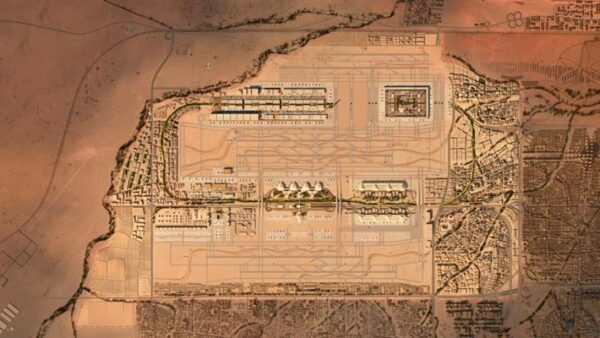

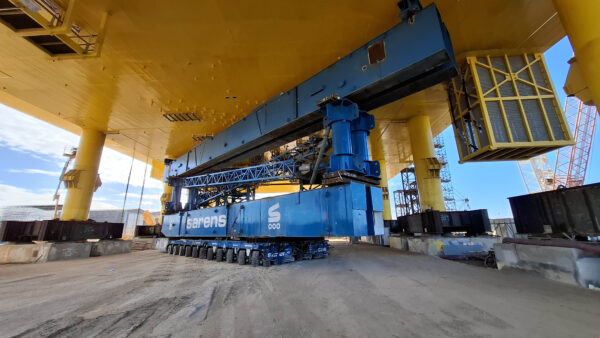
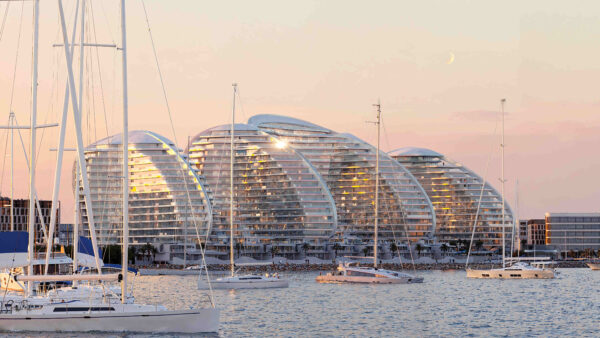
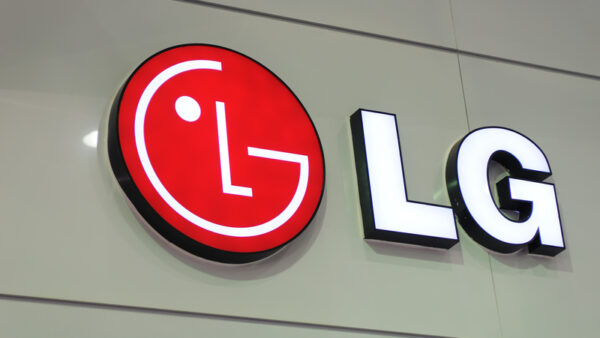
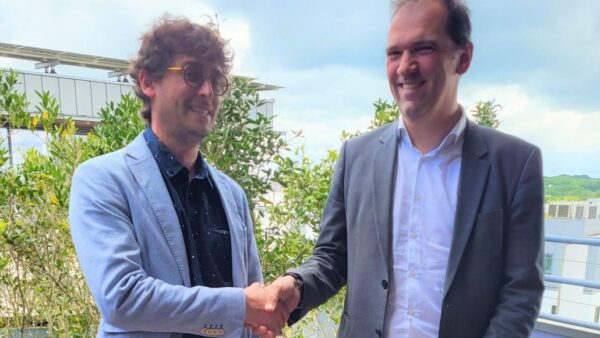
I see mass building–but using old fashioned technologies. Where’s the innovation that is greener, stronger, faster, more affordable? For example Steel Structural Insulated Panels–the best to resist earth’s forces like earthquakes and hurricanes.
It almost seems building to satisfy political ends.